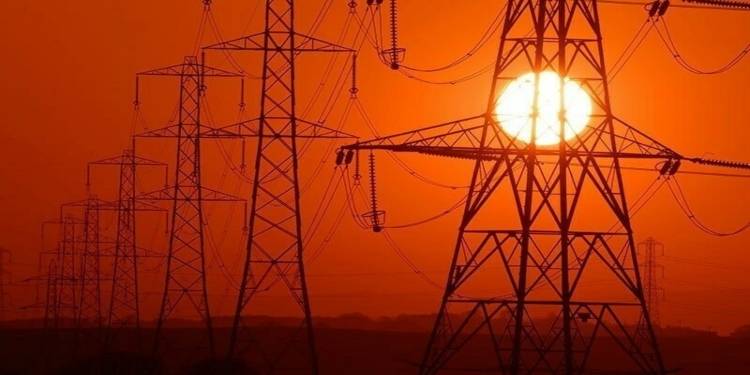
At the request of the federal government, the National Electric Power Regulatory Authority (Nepra) has announced a significant rise in the base tariffs of electricity rates of up to Rs7.50 per unit.
The electricity regulatory body said on Tuesday that the higher pricing will go into effect on July 1, 2023.
It said that a public hearing on the subject was held on Monday, July 24, at Nepra Tower Islamabad, and that following the hearing, the federal government's proposal for the rate increase was granted.
The announcement further said that despite the planned increase, the government will be receiving a subsidy of Rs158 billion. The electricity ministry testified at the hearing that the increase requested through the "Instant Motion" is within the total income need established by Nepra.
Last Saturday, the federal cabinet approved a significant rise in the basic energy cost of up to Rs7.50 per unit, against the power regulator's estimate of the national average tariff of Rs4.96.
A day earlier, the prime minister, Shehbaz Sharif, said that the recent significant rise in the price of electricity will not apply to the lifeline (up to 100 units) and protected category (100–200 units per month) subscribers.
The regulator increased the rate earlier this week in order to boost revenue collection for the current fiscal year's loss-making power distribution firms (Discos).
The federal government requested clearance from the cabinet and used cross-subsidy to modify different rates of increases for different consumer groups without changing the total revenue need.
The new national average pricing for the 2023–24 fiscal year has been set at Rs. 29.78 per unit kWh, which is Rs. 4.96 per unit more than the previously established national average tariff of Rs. 24.82, according to a Nepra statement.
Although the regulator gave reasons for the increase, including the devaluation of the rupee, high inflation and interest rates, the addition of new capacity, and generally weak sales growth, it was actually raised to satisfy the International Monetary Fund's (IMF) requirement that structural reforms be implemented in the energy sector.
However, after adding in surcharges, taxes, fees, and levies in addition to monthly and quarterly modifications, the applicable tariff would be significantly higher.
The electricity regulatory body said on Tuesday that the higher pricing will go into effect on July 1, 2023.
It said that a public hearing on the subject was held on Monday, July 24, at Nepra Tower Islamabad, and that following the hearing, the federal government's proposal for the rate increase was granted.
The announcement further said that despite the planned increase, the government will be receiving a subsidy of Rs158 billion. The electricity ministry testified at the hearing that the increase requested through the "Instant Motion" is within the total income need established by Nepra.
Last Saturday, the federal cabinet approved a significant rise in the basic energy cost of up to Rs7.50 per unit, against the power regulator's estimate of the national average tariff of Rs4.96.
A day earlier, the prime minister, Shehbaz Sharif, said that the recent significant rise in the price of electricity will not apply to the lifeline (up to 100 units) and protected category (100–200 units per month) subscribers.
The regulator increased the rate earlier this week in order to boost revenue collection for the current fiscal year's loss-making power distribution firms (Discos).
The federal government requested clearance from the cabinet and used cross-subsidy to modify different rates of increases for different consumer groups without changing the total revenue need.
The new national average pricing for the 2023–24 fiscal year has been set at Rs. 29.78 per unit kWh, which is Rs. 4.96 per unit more than the previously established national average tariff of Rs. 24.82, according to a Nepra statement.
Although the regulator gave reasons for the increase, including the devaluation of the rupee, high inflation and interest rates, the addition of new capacity, and generally weak sales growth, it was actually raised to satisfy the International Monetary Fund's (IMF) requirement that structural reforms be implemented in the energy sector.
However, after adding in surcharges, taxes, fees, and levies in addition to monthly and quarterly modifications, the applicable tariff would be significantly higher.

